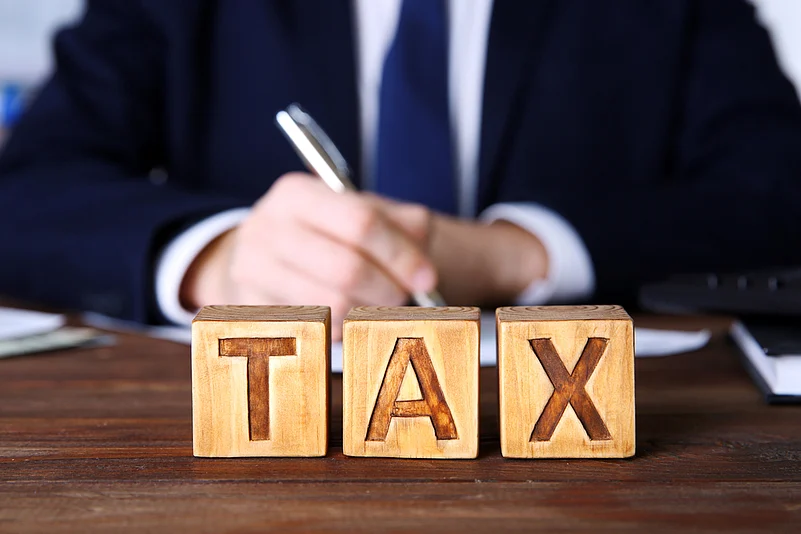Budget 2020 is being applauded as peoples’ budget by many. More so because of the changes introduced in personal income tax regime. The catch within the new regime happens to be the ‘optional’ factor. While some people have welcomed it some are yet to figure out whether they should switch to new tax structure or stick to the older one.
However, experts and financial advisors have their take on the new tax structure. They are of the opinion that owing to the new tax structure, while people will be have more to spend, their financial savings might be drastically affected.
Akash Singhania, Fund Manager, Motilal Oswal Asset Management, explains why taxpayers might not find much incentive in the new regime.
Excerpts from an interview with Himali Patel.
What changes do the new tax structure have for mutual fund and personal finance investors?
Deductions claimed by mutual fund investors in equity linked saving schemes (ELSS) or tax savings schemes and other deductions related to investments including unit linked insurance are to be foregone if a taxpayer opts to take advantage of the new regime of lower income tax rates. However, investors who choose to opt for the current income tax slab structure will see no impact.
Can you highlight the implications of the Budget for mutual fund investors?
Taxpayers who opt for the new regime of lower tax rates will find no incentive or rebate to invest in mutual fund ELSS / tax savings schemes.
What course of action should investors take going forward?
Depending on extent of income tax deductions and exemptions claimed by a taxpayer, every investor would work out his arithmetic to find, which option is more beneficial to him to exercise between continuing with the current tax structure or moving to the new tax structure. With numerous tax deductions and exemptions available under income tax laws, a majority of investors might prefer to remain under the current or existing tax structure, which means no change in the course of action. Few investors for whom the new tax structure is more beneficial would not be induced to invest in tax saving instruments but would evaluate a wider basket of investment options.
Was Budget in line with your expectations?
The Budget has been a well-balanced one keeping in mind the fiscal space available. The key positives were taking a strategic long-term approach by adhering to a reasonable target of fiscal deficit, rather than give in to the demands of a short boost to the economy by increasing the deficit.
The budget has been growth oriented, will limit inflation and give more space for monetary easing. Giving more money in the hands of the consumer by giving them a choice to lower their tax burden is equitable and would spur consumption demand. Removal of dividend distribution tax after a cut in corporate tax rates last welcome is a refreshing step to improve corporate profitability and attract foreign investments.
The budget has been a step in the right direction. We need to understand that it’s a marathon, and not a sprint, in the path of sustainable development. Since the economy is on the path to recovery, an approach of steady reforms on the supply side and micro front is welcome. At the same time the government has enough ammunition both on monetary and fiscal front at its disposal if growth doesn’t pick up to the desired levels.































